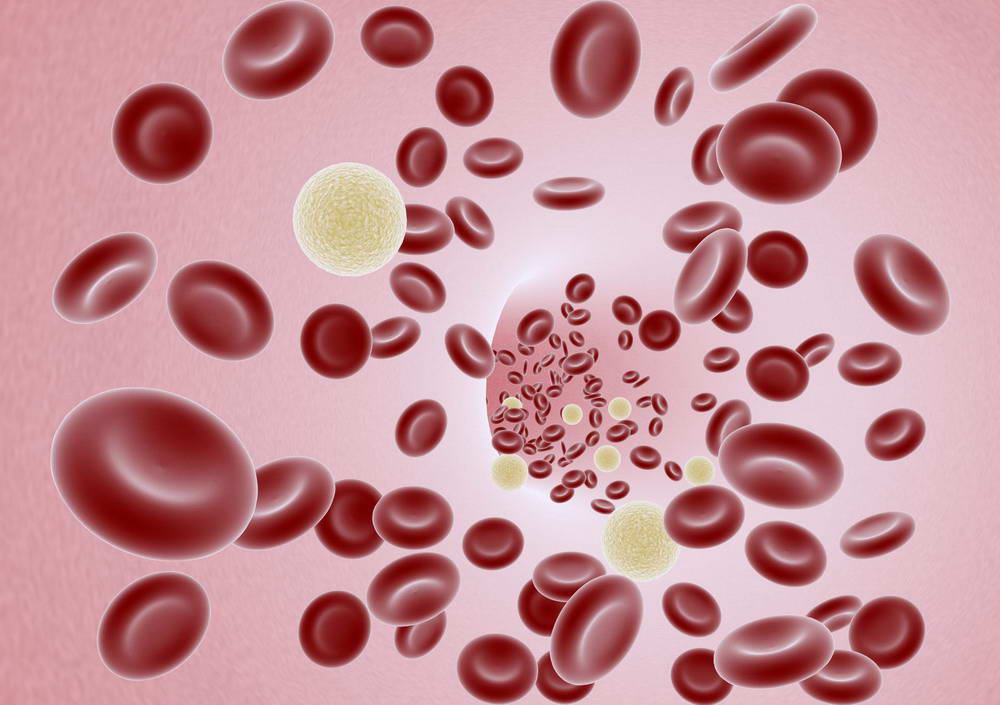TUESDAY, March 22, 2016 (HealthDay News) — New research suggests that Parkinson’s patients who are given antipsychotics to treat dementia and psychosis may be more likely to die early.
However, the medications provide important benefits and the study authors aren’t suggesting that these patients stop taking them. And it’s still not clear exactly why there seems to be an increased risk of early death.
“This [study] does not necessarily answer whether the drugs themselves lead to more deaths, or if it’s instead the reasons they were prescribed,” said Dr. Mark Baron, interim director of Virginia Commonwealth University’s Parkinson’s Disease and Movement Disorders Center. He wrote a commentary accompanying the new study.
Antipsychotic drugs, despite their name, are used to treat a variety of mental conditions other than psychosis, including anxiety and dementia.
As many as 60 percent of long-term Parkinson’s patients are thought to develop psychosis. And, the number who develop dementia — often in the late stages of illness — is believed to be as high as 80 percent, the study authors noted. Antipsychotics are commonly used to treat both conditions in Parkinson’s patients.
The study focused on nearly 7,900 Parkinson’s patients in the Veterans Affairs system who took antipsychotics (mostly all men, with an average age of 76). The researchers compared them to roughly 7,900 Parkinson’s patients in the VA system who didn’t take the drugs.
The drugs included older “typical” antipsychotics, such as haloperidol (Haldol) and chlorpromazine hydrochloride (Thorazine), along with more modern “atypical” antipsychotics, such as risperidone (Risperdal), olanzapine (Zyprexa) and quetiapine (Seroquel). The modern drugs were used much more commonly in these Parkinson’s patients.
The investigators found that those who took antipsychotics were more than twice as likely to die over six months as those who didn’t. Those who took the older typical antipsychotics (especially Haldol) were at highest risk. The study didn’t pinpoint the risk of death for those who didn’t take the drugs.
While the study focused almost entirely on men, the researchers said the experiences of women would probably be the same.
“The benefits of antipsychotics for dementia are modest at best,” said study co-lead author Dr. Helen Kales, director of the Program for Positive Aging at the University of Michigan. “However, antipsychotics are widely used for difficult behaviors commonly seen in dementia because they can be seen as a quick fix — while strategies like behavioral interventions require time and training and, thus, have not yet received great uptake.”
As for psychosis, study co-lead author Dr. Daniel Weintraub said clozapine (Clozaril) is effective but rarely used, while quetiapine (Seroquel) is more common but has little evidence to support its use. Weintraub is an associate professor with the department of psychiatry at the Perelman School of Medicine at the University of Pennsylvania in Philadelphia.
Kales said antipsychotics can worsen Parkinson’s symptoms, sedate people, impair thinking and cause other side effects, but it’s not clear exactly what’s happening with the apparent early death risk. And the study did not prove that the medications cause early death, it only showed an association.
What should patients and physicians do with the findings?
“Psychosis can impair quality of life and worsen the burden on caregivers. So, the decision to use or not use antipsychotics must balance the potential benefits versus risks,” Weintraub said. However, he added that antipsychotics should be used cautiously, for as little time as possible, and after alternatives are considered.
The newer antipsychotics, he added, are the best options.
Baron, the commentary author, said the choice about using the drugs is a difficult dilemma with “no straight answers.” The risk of death is “hard to ignore,” he said, but it’s also important to ease the symptoms of dementia and psychosis in these patients.
For the future, the researchers are studying what happens to patients over a longer period of time. And, Kales said, researchers will need to monitor the effects of a new antipsychotic medication called pimavanserin (Nuplazid) that’s awaiting approval from the U.S. Food and Drug Administration.
The study is published in the March 21 online edition of JAMA Neurology.
More information
For more about early symptoms of Parkinson’s, visit the National Parkinson Foundation.
Copyright © 2026 HealthDay. All rights reserved.

